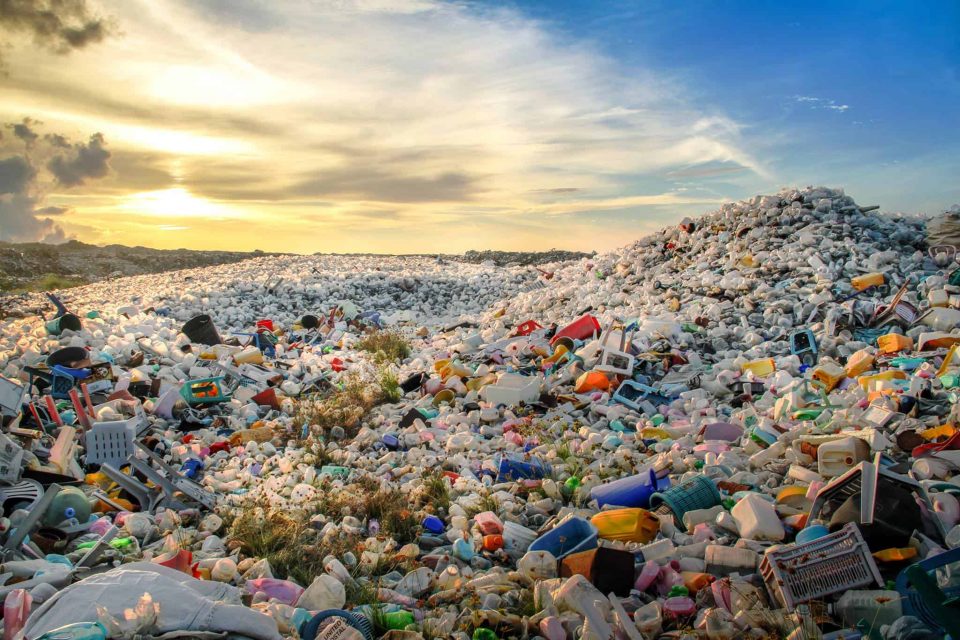When I began to research this article, I saw the immense problem that is literally choking the life out of the island; waste.
Each and every one of us produces it and the collective thinking is that it’s someone else’s problem, when essentially we are in fact the root cause of the problem.
Waste, and indeed waste management, is a thorny issue that no one really wants to talk about. Some of the largest producers of waste in Bali, namely the large hotels, restaurants and other industries, literally closed ranks when I tried to talk to them, regarding how they manage their waste. Seems it’s a taboo topic!
It doesn’t take much to notice that ignoring the problem doesn’t mean it disappears. One only has to take a walk along some of Bali’s beaches or stroll through a village to see that it won’t take long before the problem reaches epidemic proportions.
Green and household waste isn’t really waste at all as in most cases it is bio-degradable and much of household (kitchen) waste does actually end up being reused for compost or pig fodder. It’s plastic that is the arch-enemy.
Plastic. Seems we can’t get enough of it, and yet really do we need it?
This wonder compound has actually been around since the Middle Ages when the treated horns of cattle were used to make glass for lantern windows.
In the early 20th century after Charles Goodyear discovered vulcanization to make tires, the era of plastic production gathered a mighty head of steam. By the 1940s and 50s, plastic products had become part of everyday life and we all developed a love affair with polystyrene. And then, that most useful of items; the plastic bag!
The world now uses over one million plastic bags each and every minute of every day and the industry that manufactures them is fighting hard to keep it that way.
The humble plastic bag is now the most ubiquitous consumer item on the planet and the leading source of pollution. On the beaches and in the hinterland of Bali, plastic bags clog sewers, streams and rivers and are a major contributor to flooding during the rainy season. Turtles off the coast are often found dead wrapped in bags and fish are literally poisoned as they nibble away at what they might think to be a floating tasty treat.
There is absolutely no justification for the manufacture of plastic bags, which when discarded, are found at the bottom of the oceans and even on the top of Mt. Agung.
So what are we doing about it in Bali? Actually not much!
There are a few waste warriors who are making a concerted effort to stem the tide and make a difference. I spent an afternoon with Olivier Pouillon, a feisty import from Washington DC who has been waging war on garbage on Bali since 1994. He has worked tirelessly over the years via his company, Bali Recycling (Peduli Bali), to divert the island’s trash from piling up and poisoning the environment.
His company provides a collection service around the island, including material collection and hazardous waste removal. A by-product of much of the materials collected he “up cycles” into attractive household items that would not look out of place in the most up-market of home-ware stores.
Olivier has fought hard to make his business successful against unimaginable odds, given that there seems to be no corporate responsibility when it comes to the waste that companies produce.
Waste is a problem and doesn’t add to a company’s ‘yield’, therefore it’s an item that never gets discussed at finance meetings. Seemingly it’s a ‘marketing department’ issue. “Tell the consumer we are an ‘eco-friendly’ company and we are seriously committed to being ‘green.’”
Pure marketing hype really.
Contrary to popular belief, Pouillon tells me that the majority of Bali recycling’s customers are Balinese households, who each week diligently separate their waste and have it collected. So, there is one myth that should be expelled when tourists claim that the Balinese simply don’t care about their environment.
The problem in essence is not education, but rather an implementation. There is no government waste management systems in Bali or in Indonesia as a whole for that matter. Scavengers who live next to landfill sites extract only items that can be sold and are in effect adding to and not solving the problem. It would be nice to see a magic authoritative wand waved as it has been done in other parts of the world where the problem is recognized, and the solution implemented before it became too late.
In China in 2008, the manufacture and distribution of plastic bags were made illegal, resulting in a reduction of over 80% of bags in the first two years of implementation. Other third-world countries such as Bangladesh have implemented the same decree. European countries are catching on with Italy, Denmark and others following China’s lead.
In South Africa, a levy was placed on every plastic bag, where if the consumer wanted a bag they had to pay for it. The result? Within two years plastic bag consumption declined by a whopping 85%. A simple decree such as this on Bali could and will generate the same reduction, guaranteed.
Corporate responsibility? Let’s not wait for that.
Perhaps it should be individual responsibility that leads the cause where we simply say no to a plastic bag, or refills for-life drinking tumblers, instead of purchasing one of three million plastic bottles sold every day in Bali.
Collectively, locals and tourists alike can be a powerful force, as really we only have one Bali, so let’s all try to preserve it!
Want to recycle?
Contact Bali Recycling at +62 8199 99 622 39
www.balirecycling.com
Also, check out the fine work of Sanur’s Plastik Detox association:
https://www.facebook.com/plastikdetox




